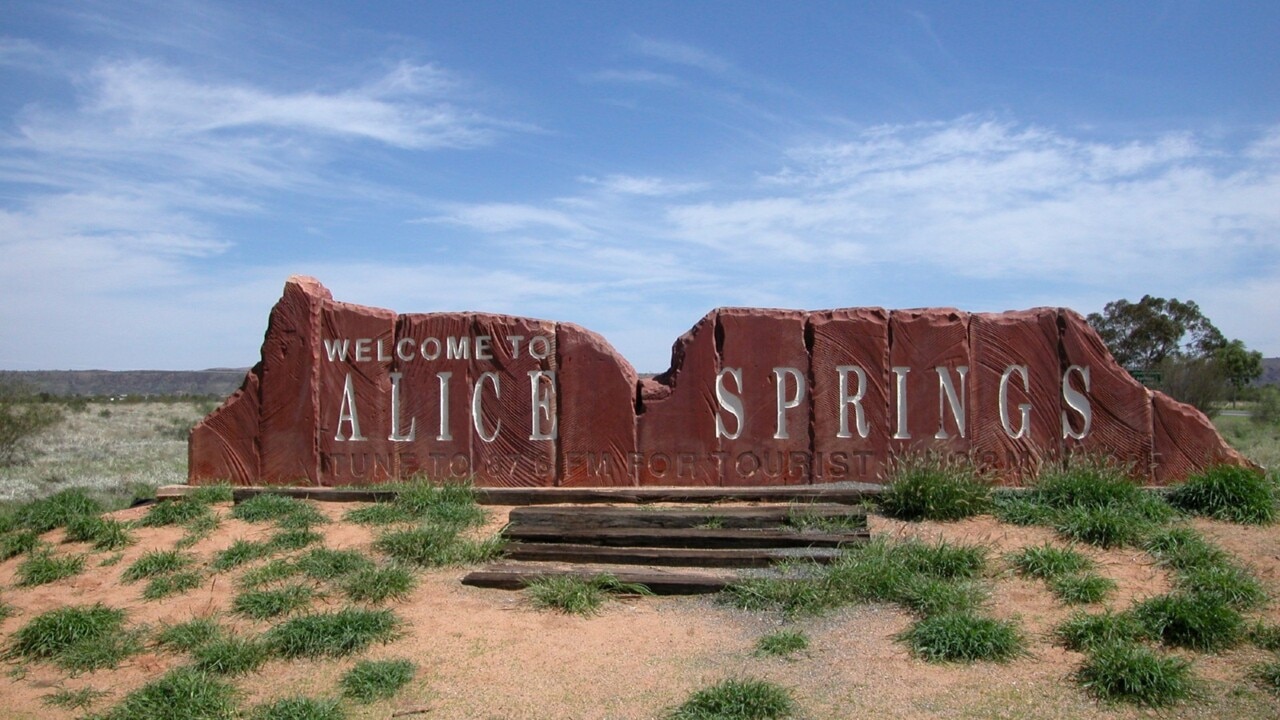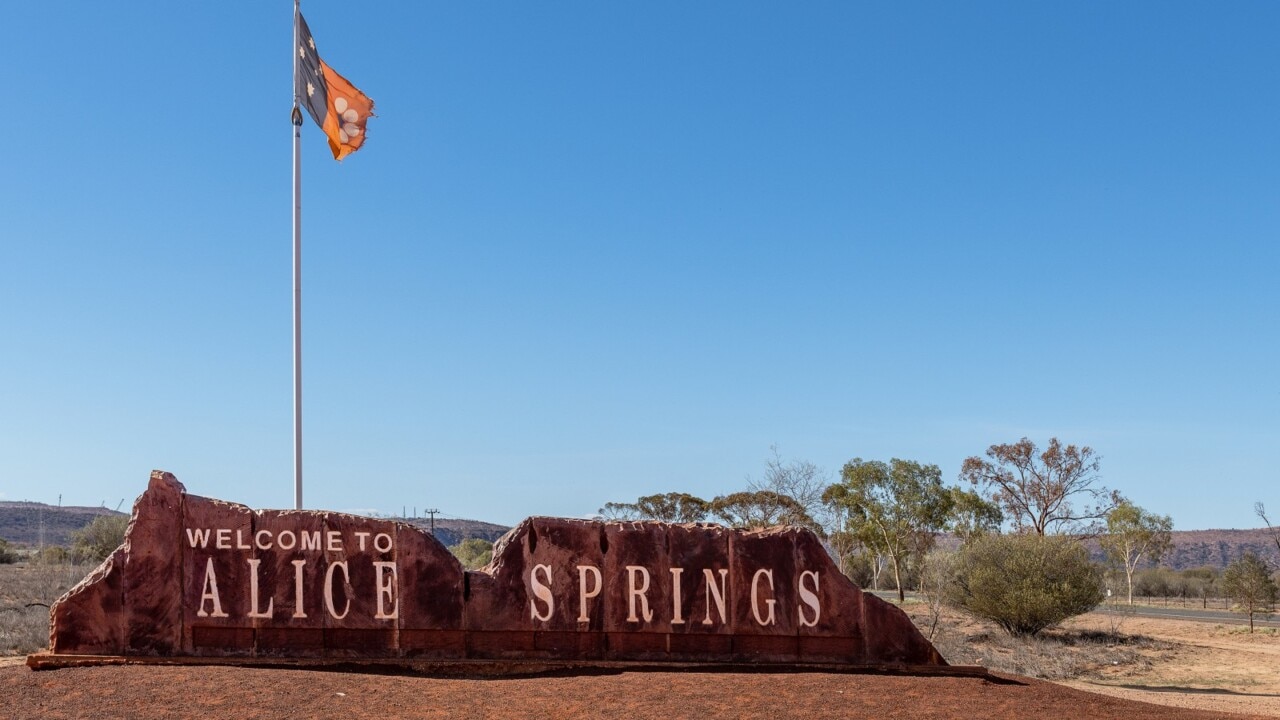Anthony Albanese has said sending the Australian Federal Police to assist in controlling the Northern Territory’s crime wave is not the answer “to deal with the issues”.
Speaking with 104.9 Darwin host Katie Woolf on Friday ahead of his flight to Japan for the G7 summit, the Prime Minister covered a number of topics but none at a greater length than the crime situation that has been gripping the Top End for months.
Crime in the Northern Territory has become more prevalent through 2022 and the start of 2023 with assault (51 per cent), domestic violence-related assaults (65 per cent), alcohol-related assaults (68 per cent), property damage (55 per cent) and commercial break-ins (47 per cent) all recording major increases in 2022 compared to 2021.
NT Police data also revealed there were 10,231 assaults across the Territory in the 12 months to January 2023, a record high up from 5419 in 2009.
Last week according to Woolf there were 29 cars stolen and more than 30 homes broken into in the NT, however the PM is confident the Territory can control the situation.
“They have plans to go forward and they’re implementing them, in partnership with the funding that we’ve put forward. We had, of course, a $250 million landmark plan for a better, safer future for Central Australia,” Mr Albanese said.
“But we’re also working with the Northern Territory government about these issues around the Territory.
“And I’m very confident in Natasha Fyles, I think that she has really emerged as a very effective Chief Minister here in the Northern Territory in the relatively short time that both of us have held our roles.”
Mr Albanese said he had not agreed with particular suggestions on how to deal with the crime issues in the Territory.

“We’re providing every bit of support that is requested for the Northern Territory government. Some of the proposals that have been put forward aren’t ones, I don’t believe, that are the right solutions,” Mr Albanese said before Ms Woolf interjected, asking “Is that like calling in the Federal Police?”.
“Well, how is calling in Federal Police going to assist the NT Police to do their job? That has not been put forward. That’s a slogan rather than a plan to deal with the issues,” he said.
“We need to make sure that local communities are empowered in this process, that the police are given every support that they need going forward and that we work these issues through.
“And when I’ve met with the NT Police in Alice Springs, when I visited there, they certainly were not calling for that. And the people I met with last night here in Darwin were also not calling for that.”
Alice Springs Mayor Matt Paterson told Sky News Australia in April he had been calling for assistance from the AFP since January.
An uprising in youth crime in the past few months has culminated in tragedy, with 20-year-old bottle shop worker Declan Laverty allegedly stabbed to death after refusing to serve a teen.
A Bangladeshi student died in early May from critical injuries he sustained from an alleged violent home invasion.

The Prime Minister was quizzed on criticism he has copped that he has not spent enough time in Alice Springs, criticism he disregarded with reference to six visits to the Northern Territory since he has held office, comparing himself with former Australian leaders “who very rarely visited”.
Following a week that has seen the Voice referendum lose significant support in a recent survey, the Labor leader answered how he believes the potential legislation could help the issues the NT is facing.
“Well, if you look at where justice reinvestment, for example, has worked, something that’s come from the bottom-up in Indigenous communities,” Mr Albanese said.
“I’ve seen first hand how successful it’s been in Indigenous communities such as Moree and Bourke in New South Wales, in reducing crime rates, in diverting young people at risk of falling into a life of crime into a different pathway. And when you engage with people, you get better outcomes.
“If you look at the successful programs in the Indigenous Rangers programs, if you look at community health programs, the ones that have been most successful have been ones where Indigenous people have been listened to, where programs have been developed with Indigenous people rather than for them.”
Mr Albanese arrived in Japan for the G7 summit on Friday afternoon. He also plans to meet with the Quad leaders of India, Japan and the United States after the scheduled meeting in Australia was cancelled following President Joe Biden’s late withdrawal.
